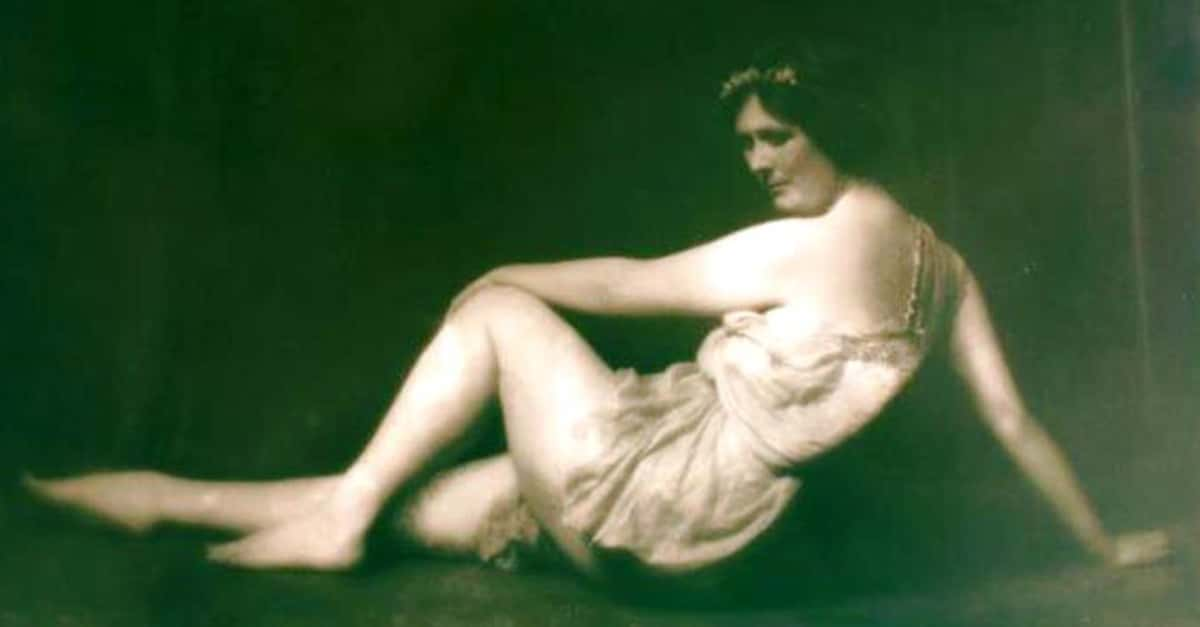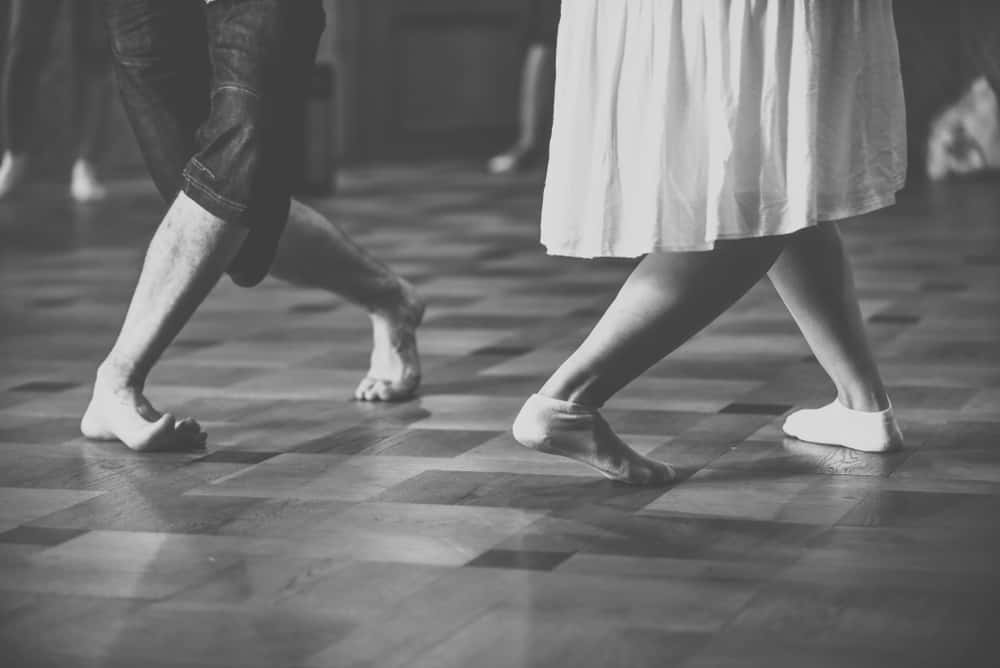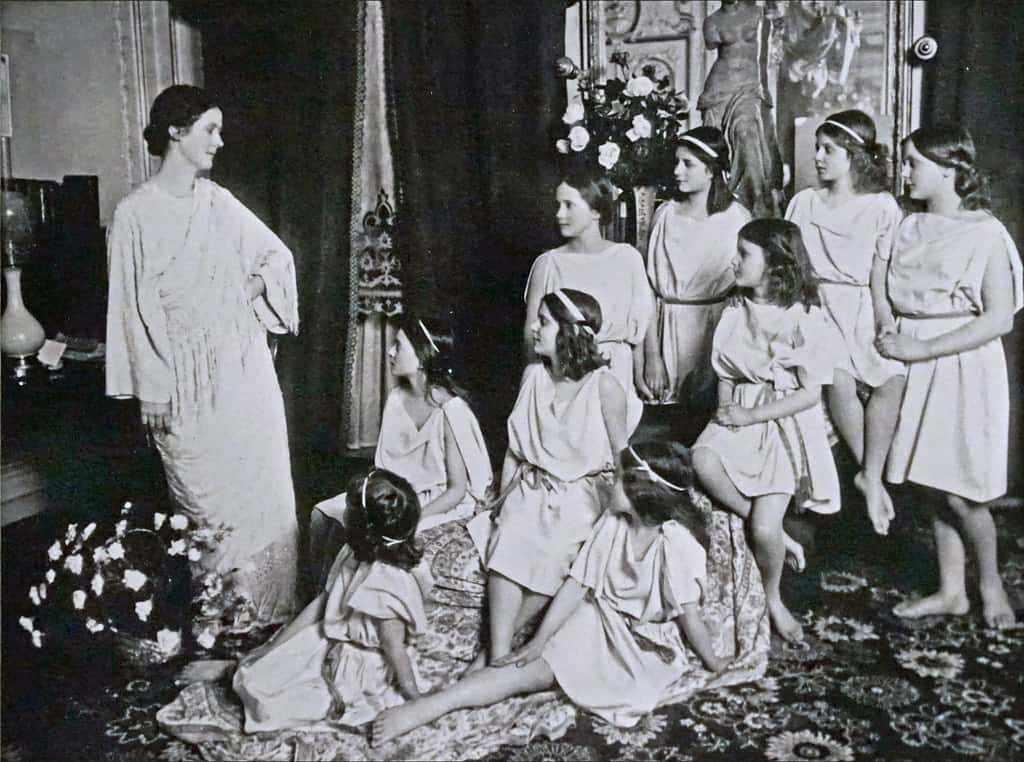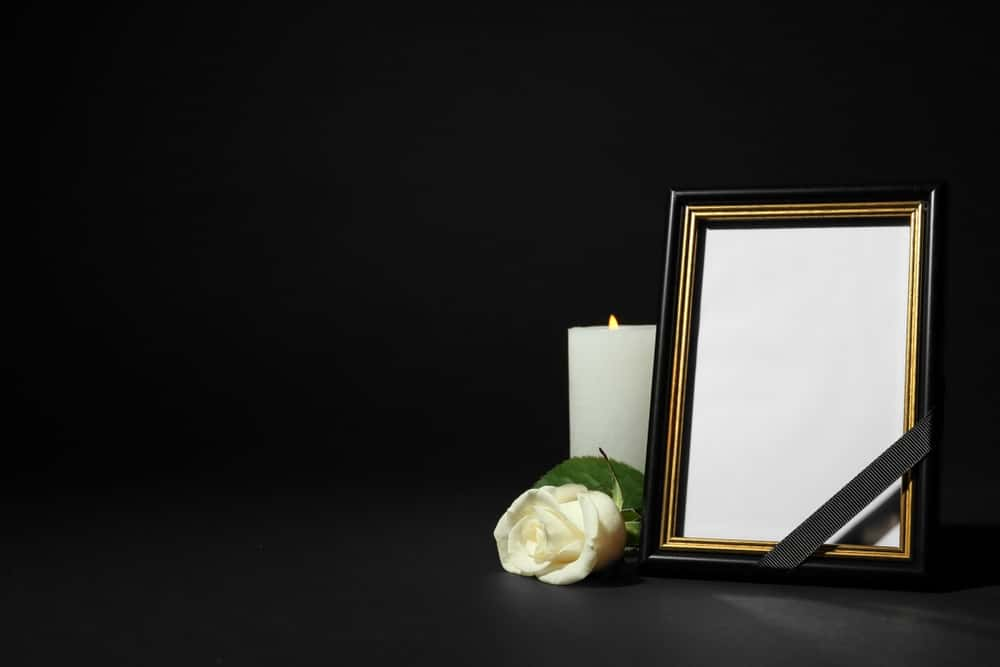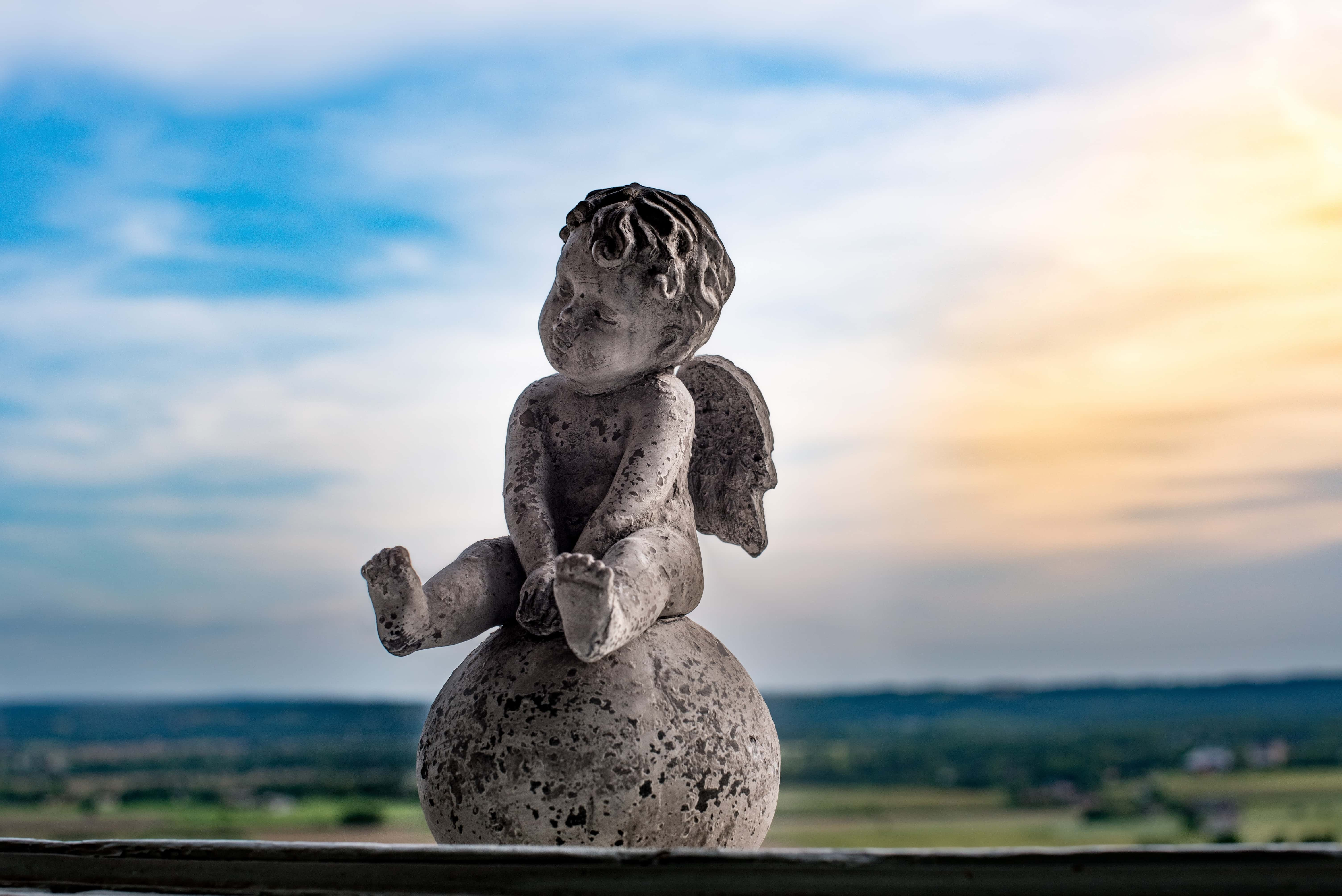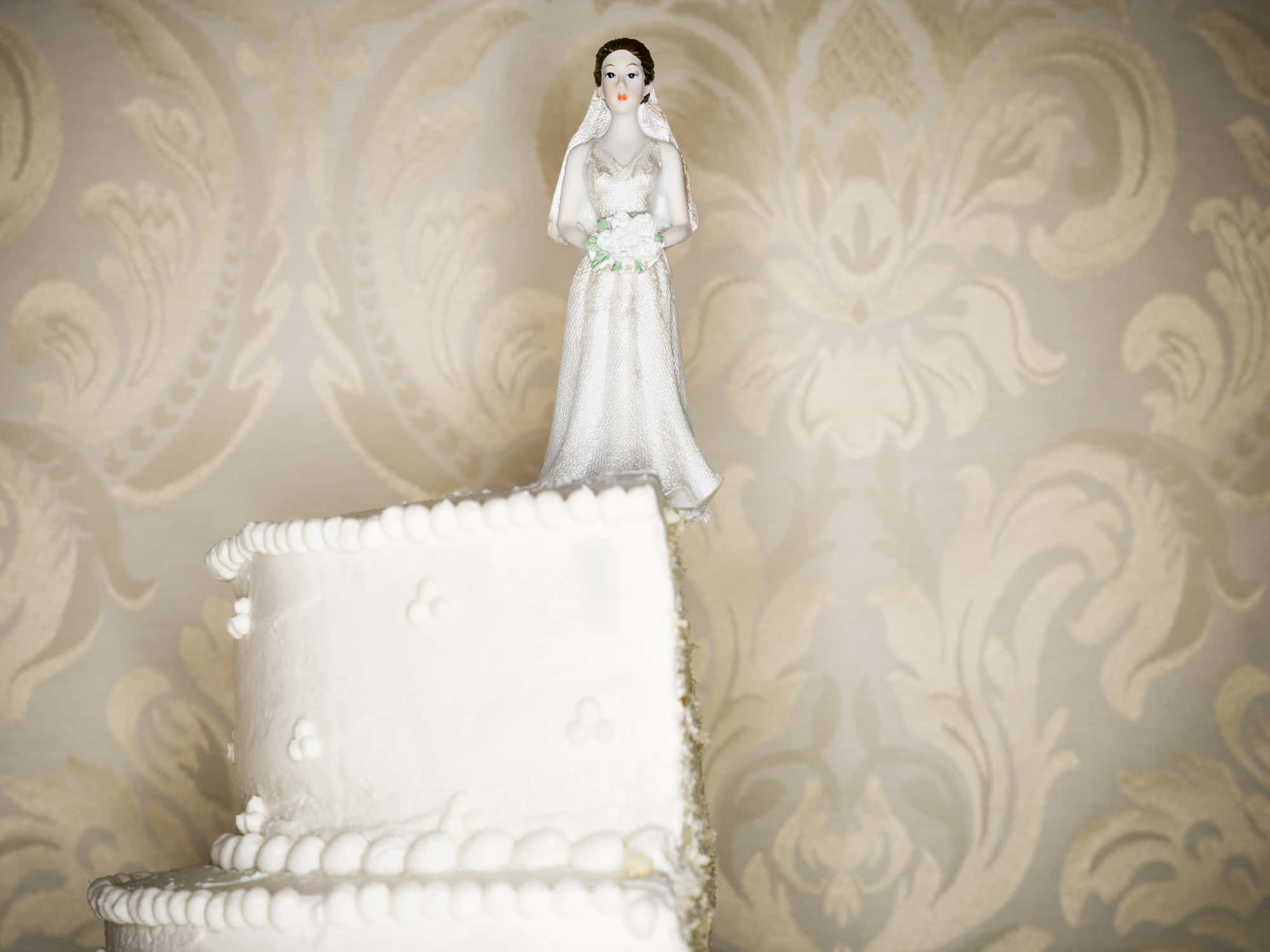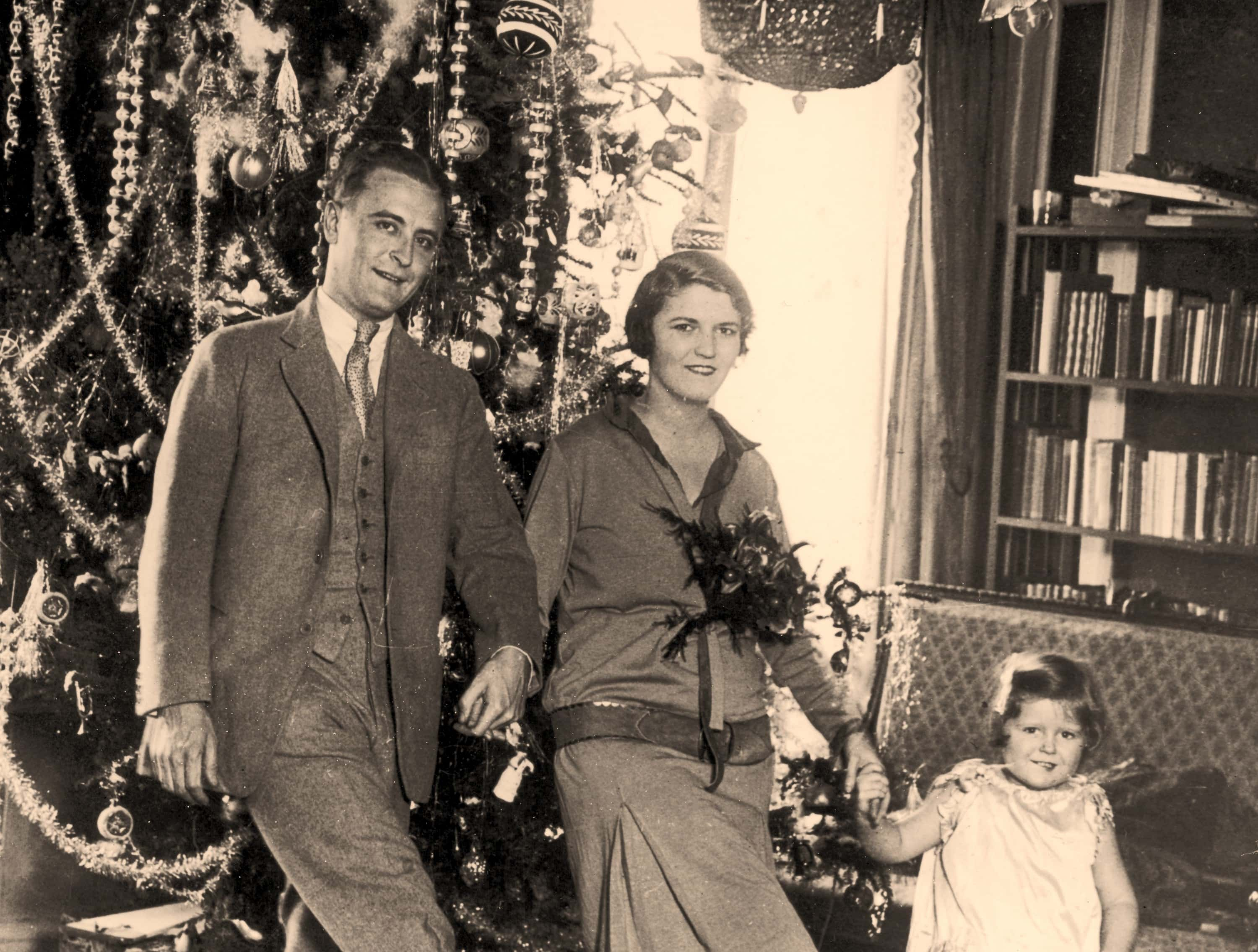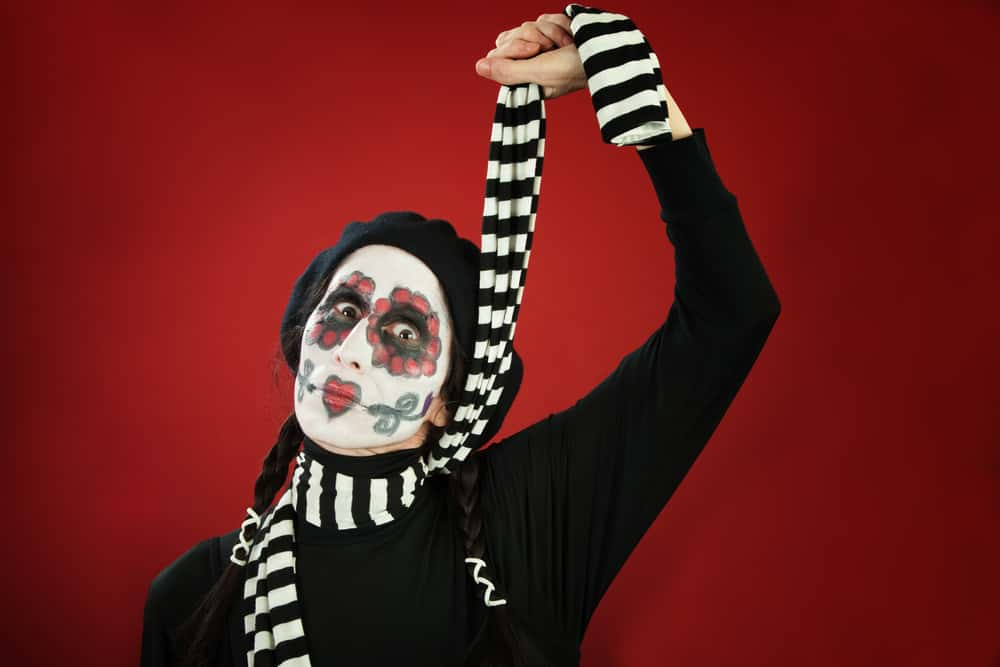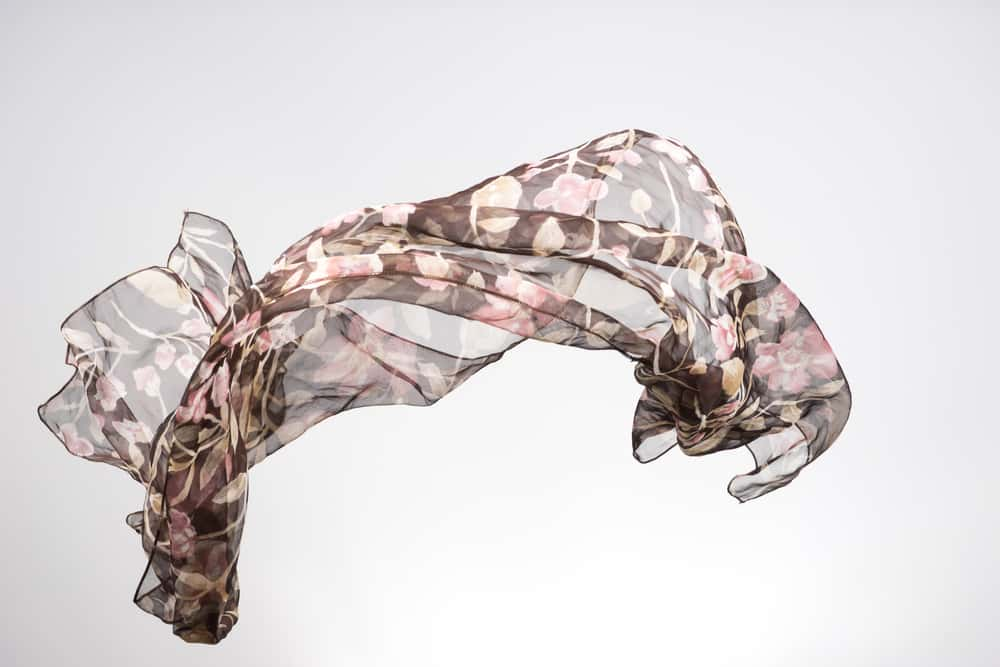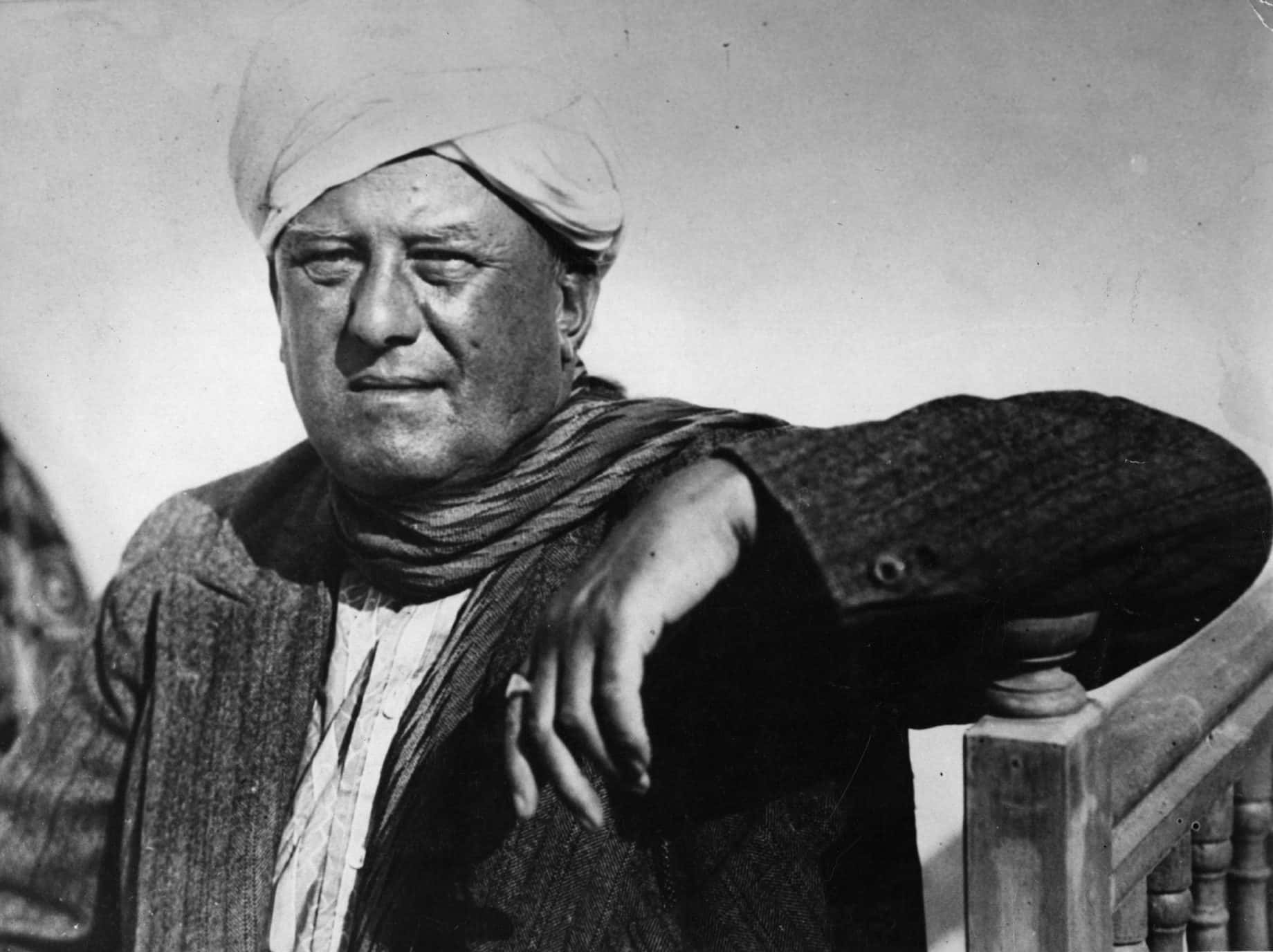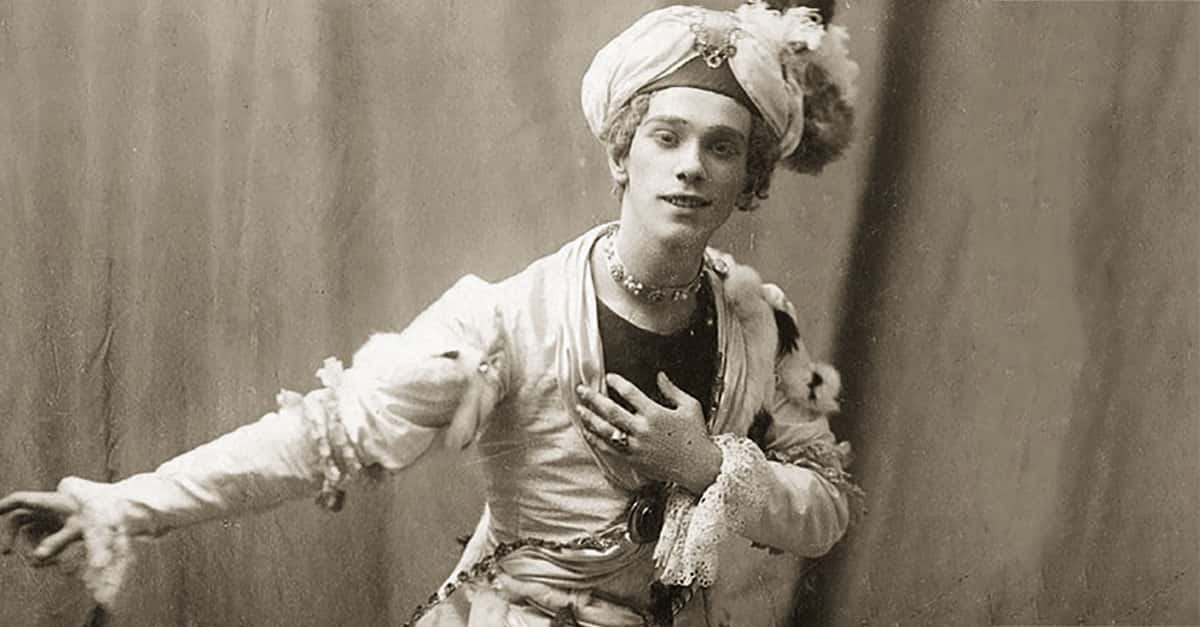Isadora Duncan, The Dark Mother Of Dance
In her short time on Earth, Isadora Duncan revolutionized dancing and attracted thousands of people to her electrifying shows. But behind the scenes, her life was anything but elegant. Frustrated hopes and violent tragedies marred her from her beginning all the way to her infamous death.
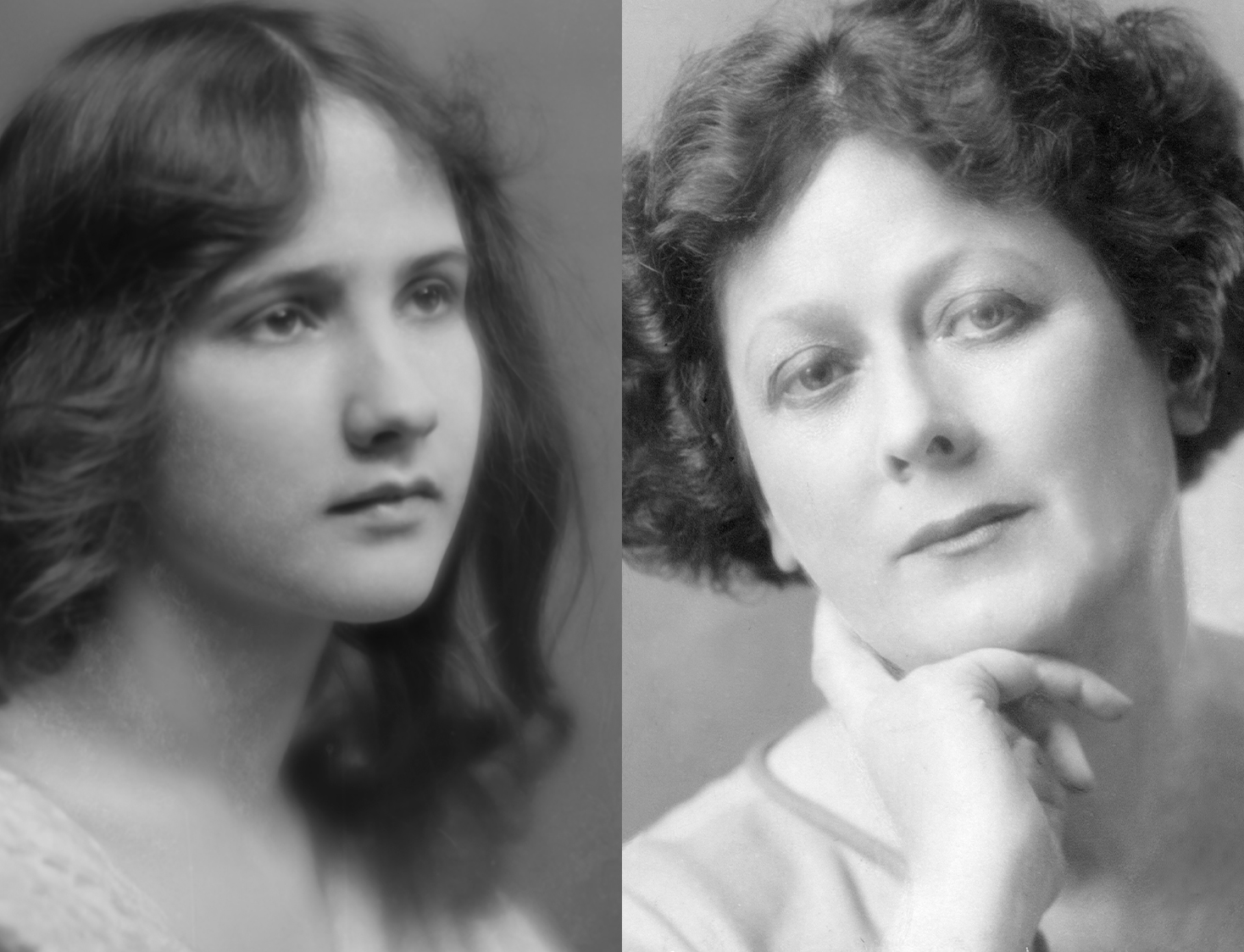
1. Family Ties
Angela Isadora Duncan was born on May 1877 or 1878 in San Francisco to banker Joseph Duncan and his wife Mary, a music teacher. Drama seemed to run in the family: Isadora had three siblings, all of whom grew up to be actors or dancers.
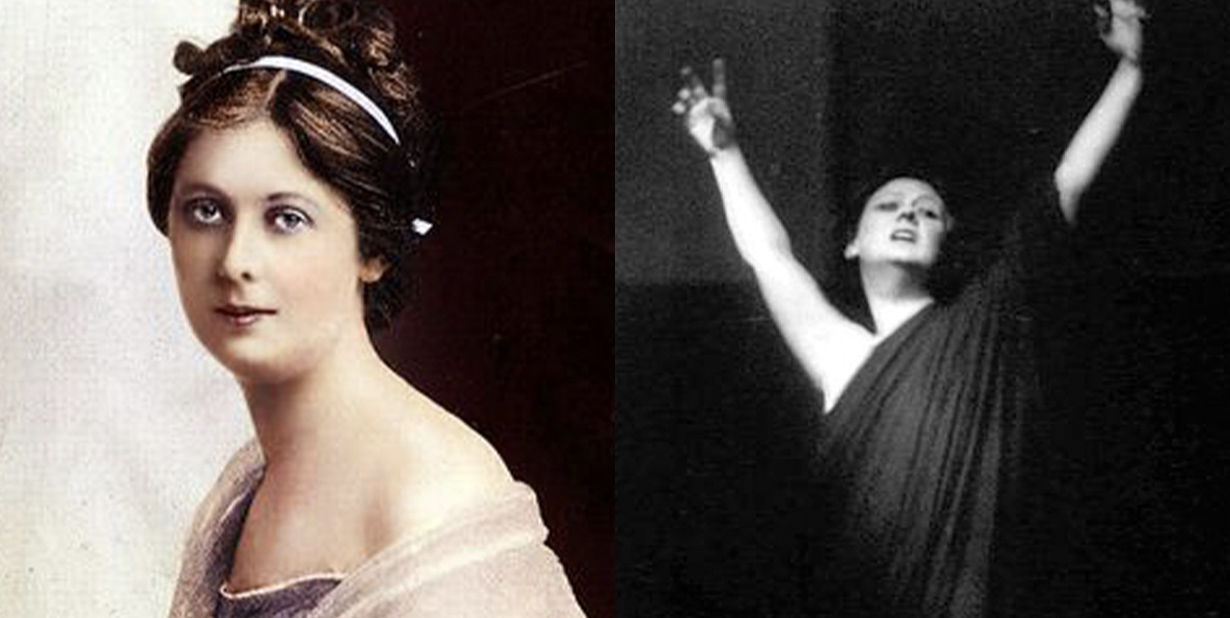
2. Dancing on the Ceiling
Duncan became the dancer of the early 20th century, a time known for its wild parties and late nights—but one evening in 1911 stood above them all. That night, famed designer Paul Poiret rented out a mansion to recreate one of King Louis XIV’s notorious Bacchanalias at Versailles, complete with a whopping 900 bottles of champagne.
Naturally, Duncan was invited. While there, Isadora—resplendent in a Poiret-designed evening gown—danced around on the tables to entertain the guests.
3. Wrap It up
Isadora loved wearing long flowing scarves, both for her stage performances and in her private life. Sadly, they would play a part in her infamous death…
4. Picky Prima Donna
Duncan was legendary for her rebellious spirit and refusal to conform, and as a young dancer, she dropped out of several prestigious programs because of her clashing creative differences. Even early on in her professional career, her suspicion of the formal poses of ballet let her to innovate a more fluid movement in dancing, a style we now consider "modern".
5. The Bigger They Are…
The late 1800s was a time of great prosperity in America, and the Duncan family was comfortably well off—until it all came crashing down. It turns out that Daddy Joseph Duncan was deep into shady bank deals and, like they say, crime really doesn’t pay. Just after Isadora’s birth, Joseph’s missteps hurled the entire family into abject poverty.
6. I’m Outta Here
Turns out that it’s difficult to keep the magic alive when your husband loses all your money. Isadora’s parents tried to stay together for a short time, but ultimately split when she was still a child. Soon after, Mary moved the whole family to Oakland, California in the hopes of jump-starting a new beginning for her young brood.
7. Bros in Different Area Codes
Duncan didn’t limit her rebellions to the stage—her bedroom life was also scandalous. She was openly bi a time that barely recognized the identity, and also bore both of her two children, Deirdre and Patrick, out of wedlock to two different fathers. Thankfully for us, the woman had absolutely no shame.
8. Putting on Airs
Referring to Duncan’s penchant for wearing long, flowing scarves in light of her violent end, the poet Gertrude Stein once quipped, "Affectations can be dangerous".

History's most fascinating stories and darkest secrets, delivered to your inbox daily.
9. Big Slacker Energy
Duncan was never much of a bookworm. Unsurprisingly, she detested the boredom and constraint of the classroom, and defiantly dropped out of school at the tender age of 10.
10. Red Menace
Duncan was a life-long and devoted communist, and she refused to keep quiet about her controversial sympathies. But during a show in Boston in the 1920s, she really took it up a notch. While on stage, she waved around a red scarf and then tore open her shirt to reveal her bare chest, screaming, "This is red! So am I!" I think the audience got the point.
11. Improv Class
The Duncan family was so poor when Isadora was growing up that the four children had to scrape up money by teaching dance to kids in the neighborhood. The young Isadora was a firebrand even then, and would often make it up as she went along. As once source noted, she "followed [her] fantasy and improvised, teaching any pretty thing that came into [her] head".
12. An Evening’s Entertainment
As a young professional dancer, Duncan paid the bills by giving intimate drawing room performances for the wealthiest families in Europe.
13. Always for Love, Never for Money
Duncan was a true artist’s dancer. Not only did her movements inspire renowned sculptors like Auguste Rodin, she also had immense scorn for the monetary and capitalistic pursuits of dance. She hated touring and detested contracts, feeling that these trappings were just distractions away from her true purpose: creating pure beauty.
14. Wedding Hells
Though Duncan had many flings, she only married one man: The young Russian poet Sergei Yesenin. Sadly, their union was doomed to a heartbreaking end. Duncan was almost two decades older than fresh-faced Sergei, and just a year after their 1922 nuptials, they split up. The story only gets worse from there: A couple of years later, the tormented Sergei perished by his own hand.
15. School Daze
Starting in 1904, Duncan opened a series of schools across the world to teach young women dance. The academies produced some of the most talented dancers of the next generation, including the so-called "Isadorables," a group of six of her most talented protégées.
16. Helicopter Mom
Duncan’s relationship to her six talented "Isadorables" was sweet at first, but it soon soured. Perhaps scarred from the loss of her biological children, Duncan was a smothering authority figure. She would choose when, who, and how they would perform, and wanted the six girls by her side at almost all times. Unsurprisingly, this only pushed the girls further away.
By 1921, most of them had left her.
17. Peace, Love, and Isadora
Despite (or perhaps because of) her one unsuccessful marriage, Duncan had an utter contempt for wedlock. Many of her lovers agreed with her, and Duncan quickly earned a reputation as an early proponent of "free love".
18. Adorable Adoption
Isadora had a fierce maternal instinct, and wanted nothing more than to foster children. In fact, in 1919, she officially adopted all six of her "Isadorables". The girls even took her last name.
19. An Affair to Remember
Duncan was frequently the "other woman" and one of her most lasting lovers was Paul Singer, of the Singer sewing machine fortune. Though Singer was the father of Duncan's son Patrick, their love was the definition of "illicit". Singer and Duncan's passionate affair ran straight through not one, but two of Singer’s marriages.
20. It’s All Greek to Me
Greek art heavily influenced Duncan’s work, and she often danced in her trademark tunic and bare feet to imitate the scenes on Ancient Greek vases.
21. Don’t Set Sail
Though she succumbed to a horrific, fatal stroke of bad luck, Duncan had other near misses in her life. She was actually supposed to ride on the RMS Lusitania in 1915—the very same voyage that ended in the ship’s infamous destruction. Apparently, Duncan had her extravagant spending to thank for her life: She was broke, and had to pick a more modest mode of transportation.
22. My Little Ones
In 1913, utter tragedy came for Isadora Duncan. Her beloved children Deirdre and Patrick were riding in a car with their nanny in Paris when the vehicle went off the road and fell into the Seine River. The vulnerable young ones had no chance of survival or rescue, and they drowned in the chilly waters without their mother.
23. Reunited at Last
After grieving the loss of her children for the rest of her life, Duncan was reunited with them in death. She is buried in the famed Pere LaChaise Cemetery in Paris, next to her two beloved children.
24. Spousal Support
Though Paul Singer was a near-constant partner for most of Duncan’s life, he was no fan of her dancing, and preferred tawdry cabaret performances to her smooth moves. Reportedly, whenever she would start entertaining guests at parties with her routines, Singer would take that as his cue to slip out the back door.
25. Grief Leave
Following the devastating loss of her two children, Duncan was thrown into a state of mental anguish. To recover her health and her sanity, she went to the island of Corfu with her friend, actress Eleonora Duse. While Duncan recovered a bit, nothing was the same after Peter and Deidre's deaths. As she said, "I know that my real self [perished] with my children".
26. Duncan Doesn’t Pay
Near the end of her life, Duncan gave in to absolute decadence. With her dancing career waning, she became infamous all around Paris and the Mediterranean as a bit of a lush. She left unpaid bill after unpaid bill at a series of swanky hotels, or else mooched off her dwindling cadre of friends and associates.
27. Try, Try Again
After the loss of her children, the unhinged Duncan acted out in disturbing ways. She later confessed that during this dark period, she begged the young Italian sculptor Romano Romanelli to sleep with her just so she could conceive another child and fill the hole festering in her heart. Amazingly, he agreed to grant Duncan's wish.
28. Deja Vu
Duncan’s desperate tryst with Romano Romanelli did end up getting her pregnant—but sadly, it was far from happily ever after. She had a baby boy on August 13, 1914, but the infant only survived for a few hours after his birth. Just like that, Duncan had to live through the passing of a child all over again.
29. Everyone’s a Critic
You can’t please everyone. Legendary ballet choreographer George Balanchine detested Isadora Duncan and everything she stood for, and he did not mince words when it came to his hatred. "To me it was absolutely unbelievable," he said, recalling her dancing, "A drunken, fat woman who for hours was rolling around like a pig". Tell us how you really feel, George.
30. From Russia With Love
In accordance with her leftist sympathies, Duncan started living in the Soviet Union when she was just 22 years old, and eventually got full Soviet citizenship.
31. All Eyes on Me
Even in her later years, Isadora Duncan still captivated those around her. Writer and socialite Zelda Fitzgerald once recalled an evening she and her husband F. Scott Fitzgerald spent with Duncan in a Paris café. According to Zelda, everyone was so enraptured with the tipsy Duncan, she was able to swipe salt and pepper shakers from the table without anyone seeing.
32. Thank You, Next
When Duncan left America for good in the early 1920s, the "Red Menace" was at its height. As such, the communist Duncan and her Russian husband Sergei Yesenin were very much not welcome. Reportedly, as she was leaving the country, Duncan said to the waiting journalists, "Good-bye America, I shall never see you again!"
33. Keep It Moving
Duncan likely posed for the influential photographer Eadweard Muybridge, whose studies of the motion of horses, men, and other subjects set the standard for the developing medium.
34. Want a Ride?
On September 14, 1927, Isadora Duncan was living the high life in Nice, France with the handsome mechanic Benoit Falchetto and some friends. As the night wound down, Falchetto invited her along for a joyride in his fancy, roofless Amilcar CGSS. Before she got in, Duncan’s friend Mary Desti begged her to protect herself against the chilly night with a cape.
Duncan refused, but she did concede to wearing one of her trademark scarves. It would be her downfall.
35. Farewell, My Friends
When Duncan sped off with Falchetto into the night, she reportedly threw out: "Adieu, mes amis. Je vais à la gloire!" or "Farewell, my friends. I go to glory!" They were typically extravagant words—but she had no idea they would be her last.
36. A Twist of Fate
As Falchetto and Duncan pulled away in his ride, the dancer draped her expensive scarf stylishly around her neck. The next split second changed everything. As the scarf blew in the wind, it got caught in the spokes of the car’s rear axle, violently thrusting Duncan from the vehicle, breaking her neck, and killing her instantly. She was only 50 years old.
37. Medical History
Duncan’s freak accident death not only made the local papers, it also went down in history for its tragic absurdity. Morbidly enough, the demise even earned Duncan her own syndrome. In common parlance, the "Isadora Duncan Syndrome" is now used to refer to any death or injury caused by neckwear getting entangled in machinery.
38. Too Little, Too Late
Desti must have had a dark premonition, because she reportedly called out to Duncan to watch out for the scarf almost immediately after the car peeled away.
39. A Decadent Death
The scarf that took Isadora Duncan's life was a luxurious affair. It was long, fluid, and hand-painted by the Russian artist Roman Chatov. Duncan had gotten it as a present from her friend Mary Desti—the very same woman who had suggested she wear it that fateful night.
40. Dirty Little Secret
According to the writer Glenway Wescott, Isadora Duncan’s last words were actually much different—and much darker. Desti apparently later confessed to him that Duncan’s final utterance was really "Je vais à l'amour" or "I am off to love". Desti kept the truth hidden for so long because she felt it was scandalous: The words implied Duncan was going off to sleep with Falchetto.
41. Cult Status
The alluring dancer had fans in sinister places—but none were as infamous as the occultist Aleister Crowley. Crowley met Duncan at a party and then mused obsessively about her movements and magnetism in multiple works. According to Crowley, Duncan had a kind of supernatural "magical consciousness" that drove her dancing.
42. Stone Still
After Patrick and Deirdre’s untimely deaths, a nasty, vulgar rumor started floating around: It claimed that Isadora Duncan had danced at their funerals. Nothing could be further from the truth. As one witness described it, she spent the solemn time "immobile, like a statue, her head thrown back and eyes closed, tears streaming down her face".

